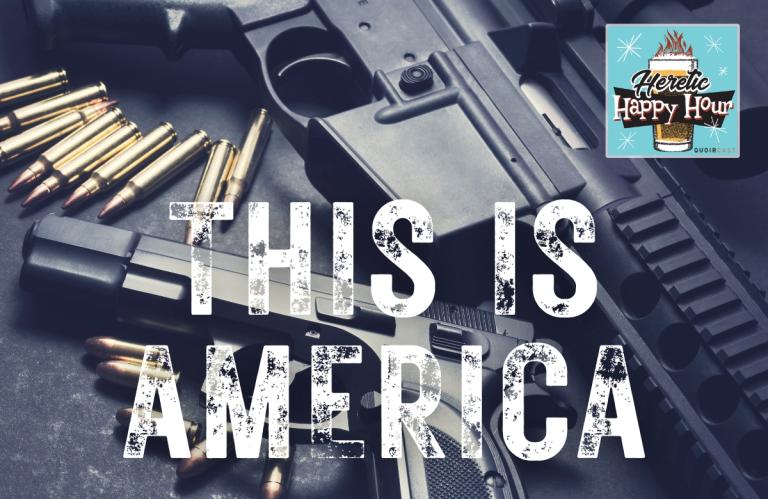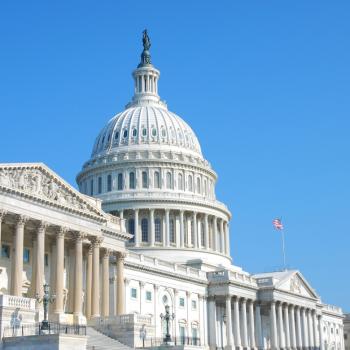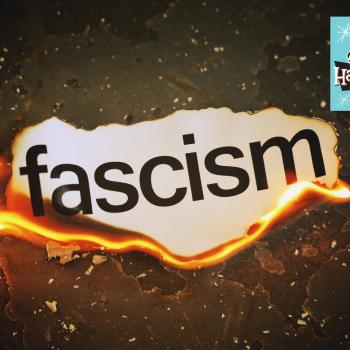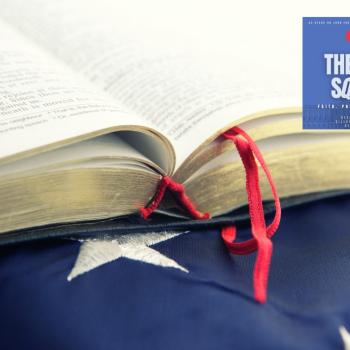
In light of recent events involving gun violence and former president Donald J. Trump, it is imperative to focus our reflection on the broader implications for American society. The incident discussed in the recent Heretic Happy Hour podcast episode—a shooting that involved a young, affluent, and ideologically driven individual—serves as a stark reminder of the volatile intersection between politics, violence, and societal values. This article aims to dissect these themes, drawing on Christian teachings and the challenging rhetoric of Trump, to warn America about the perilous path it is treading.
The Warning Jesus Gave Us
The teachings of Jesus Christ emphasize peace, compassion, and the renunciation of violence. One of the most poignant examples of this is when Peter, in an attempt to defend Jesus, cut off the ear of a soldier. Jesus not only rebuked Peter but healed the soldier, demonstrating a profound commitment to non-violence and reconciliation (John 18:10-11). This act encapsulates a critical message: violence begets more violence, and the path to true peace lies in forgiveness and healing.
The book of Isaiah also calls for a transformative vision where weapons of war are turned into tools for peace: “They shall beat their swords into plowshares” (Isaiah 2:4). This prophetic vision starkly contrasts with the current American reality where guns, particularly high-powered, military-style firearms, are pervasive. The easy availability of these weapons contributes to a cycle of violence that is antithetical to the teachings of Christ.
The Trump Conundrum
Donald Trump, a polarizing figure often antithetical to Christ himself, has often employed rhetoric that inflames rather than pacifies. His speeches and social media posts have included calls to action that incite violence. All one has to do is spend ten seconds on the internet to discover several instances where Trump’s words and actions have seemingly endorsed violent behavior, whether it is mocking victims of violence or refusing to denounce extremist groups explicitly.
For example, the chant “hang Mike Pence” during the Capitol riot was not condemned strongly by Trump, and his mocking of Paul Pelosi’s attack further underscores a troubling pattern. When a leader uses such rhetoric, it sets a dangerous precedent, suggesting that violence is an acceptable means of resolving political disputes. This not only endangers the immediate targets of such rhetoric but also erodes the foundational principles of democracy and civil discourse.
Living by the Sword: America’s Gun Culture
Yesterday’s shooting, however, is a microcosm of a larger issue: America’s deeply ingrained gun culture. The phrase “live by the sword, die by the sword” (Matthew 26:52) is especially pertinent here. The young shooter, identified as Thomas Matthew Crooks, epitomizes the tragic consequences of a society that glorifies and readily arms itself. His profile—an affluent, educated individual radicalized by pro-gun ideologies—reflects a disturbing trend where young people are drawn into a narrative that equates firearms with freedom and power.
The Second Amendment is often cited as a justification for this gun culture, but it is essential to consider its historical context. When the Amendment was written, firearms were rudimentary, capable of firing only a single shot at a time. The modern reality, where semi-automatic and automatic weapons can inflict mass casualties within minutes, is a far cry from the era of muskets and flintlocks. The founding fathers could not have foreseen the destructive potential of contemporary firearms, and it is this anachronism that fuels much of the current debate.
The Challenge of Empathy
To this end, it is undeniably challenging to extend empathy towards Trump, especially considering his history of incendiary remarks and actions, not to mention the hell that will be coming should he be elected again (Project 2025, anyone?). However, the Christian imperative to love one’s enemies and pray for those who persecute us (Matthew 5:44) demands a nuanced approach. While it is critical to hold leaders accountable for their words and actions, it is equally important to advocate for a society where retribution is resisted.
The lack of sympathy I express in the recent podcast highlights a broader societal issue: the difficulty of maintaining empathy in the face of repeated offenses. Trump’s rhetoric has undeniably contributed to a culture of division and hostility, but responding with equal animosity only perpetuates the cycle of violence. Instead, a collective effort towards dialogue, understanding, and legislative action on gun control can pave the way for a more harmonious society.
Conclusion
The convergence of gun violence, political rhetoric, and societal values in America presents a grave challenge. The teachings of Jesus offer a blueprint for peace and non-violence, urging us to transform our swords into plowshares and heal rather than harm. Donald Trump’s inflammatory rhetoric and the prevalence of firearms in American society underscore the urgent need for introspection and change.
As we navigate these turbulent times, it is crucial to remember that the path to a just and peaceful society lies not in the proliferation of weapons or the endorsement of violent rhetoric, but in compassion, empathy, and a steadfast commitment to the principles of non-violence. America must heed this warning and strive to create a future where peace and justice prevail over division and violence.
Also, if you’ve been digging my work on here, and want to see me be able to continue writing as close to full-time as humanly possible, please take a look at my Patreon page at www.patreon.com/mjdistefano. Even $1 a month helps bigly!














